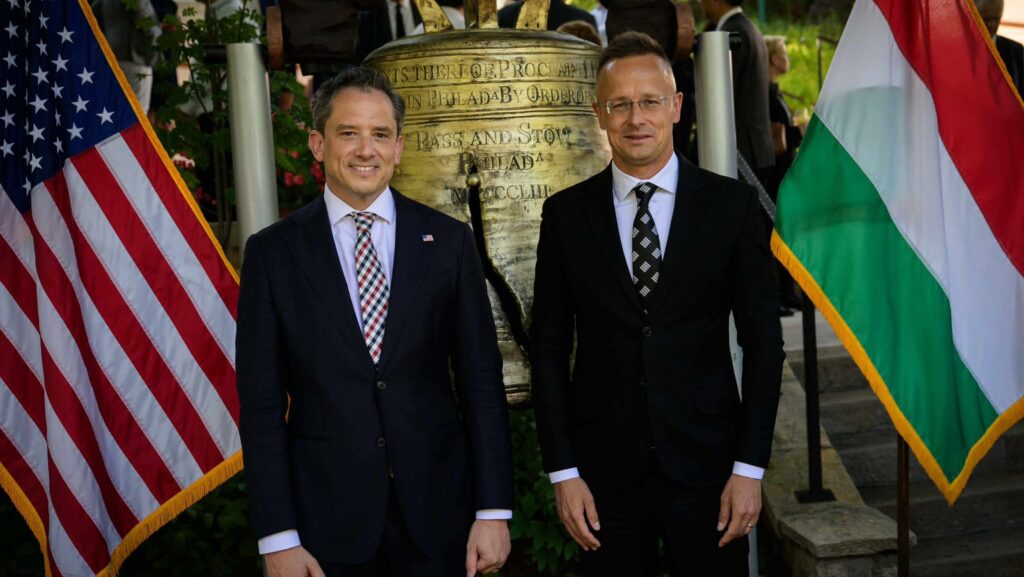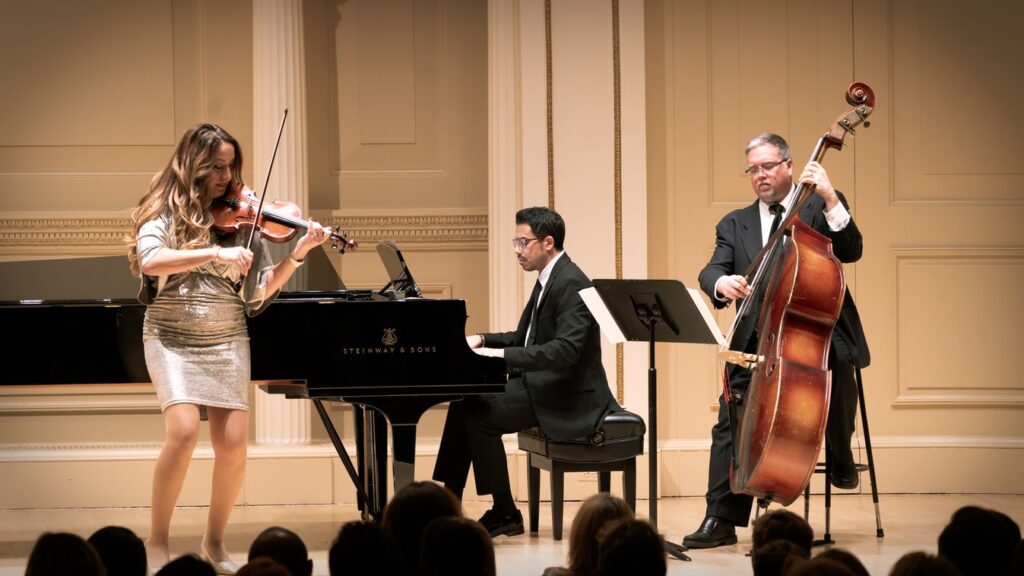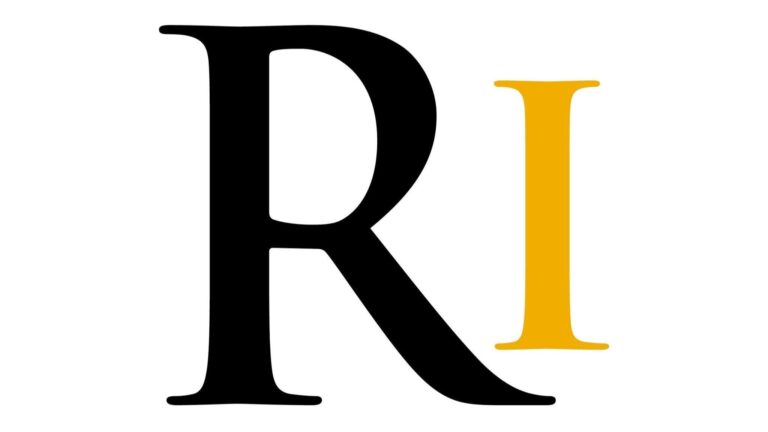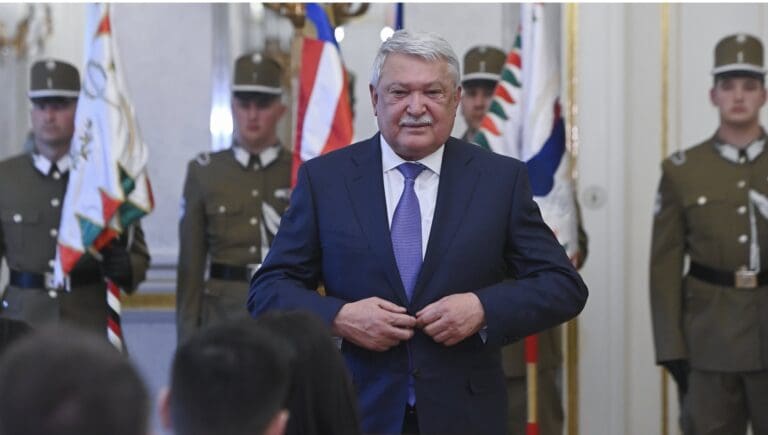Although the most severe cases of religious persecution are occurring in certain African and Asian countries, the 2023 Religious Freedom in the World report revealed that dangerous trends are emerging in Europe and the Western world. The report, published by Aid to the Church in Need, highlighted a rising trend in compelled speech, hate speech laws, censorship, cancel culture and a growing intolerance toward some faith-based views in the West.
Hardly a week goes by without hearing alarming stories of how the expression of Christianity and sharing the Bible in public are restricted in Western countries, particularly in the UK and the US. It is clear from the disturbing incidents that the West is waging a war on Christianity with the prohibition of public prayer and the preaching of the gospel.
Christians in the US and UK Arrested for Sharing their Faith Publicly
One of the most recent cases is that of a young Christian man, Marcus Schroeder, who was arrested for sharing the Bible at a drag queen Pride event in Watertown, Wisconsin. A video of the arrest went viral showing Schroeder reading from the Bible into a microphone before being surrounded by multiple police officers. One officer is then seen grabbing the microphone and handcuffing Schroeder while others question the officer’s actions. The group of Christians involved claims not to have had a warning before being apprehended, to which the officers say they were given a warning at a different location.
Following the arrest, Schroeder told Newsweek: ‘It was worth it. It’s actually an honour to be counted worthy to stand with the cloud of witnesses who have gone before us and been arrested for the sake of spreading Christ and his kingdom. If the police wanted to try and set an example for others or anything like that, the only thing I’ve seen is actually the exact opposite, where more and more people are seeing the severity of what’s going on and being called to more action.’ According to Newsweek, whether Schroeder or any of the other people he was with faced any charges following his arrest is unclear.
TONY™️ on Twitter: “🚨BREAKING: Young man arrested for sharing the Bible on a public sidewalk Blatant violation of the 1st amendment of The Constitution. Every one of those cops should be fired and sued. pic.twitter.com/ef8zBXSf5c / Twitter”
🚨BREAKING: Young man arrested for sharing the Bible on a public sidewalk Blatant violation of the 1st amendment of The Constitution. Every one of those cops should be fired and sued. pic.twitter.com/ef8zBXSf5c
A similar story from the UK was reported this summer as American-born street preacher Ryan Schiavo, who typically spends about half the year in the United Kingdom, was arrested in Canterbury, England, for preaching and calling on Christians ‘not to back down and bow before the LGBTQ movement’ at a Pride event. Following his arrest, Schiavo gave an interview to the Christian Post about what happened. He explained that he and his friend went to Canterbury for evangelism as usual and were unaware of the Pride event. As he started to cite Romans 1:18-32 and explain that ‘God judges society because of wickedness’ and ‘sexual immorality and homosexual behaviour,’ a crowd formed around him. One person was particularly hostile, starting to follow him, as well as shouting and cursing at him so people couldn’t hear what he was saying. Eventually, when he engaged in a productive and respectful conversation with a lesbian woman, five officers stopped him. They started asking questions about whether he said anything that offended the LGBTQ community and asking him: ‘Can’t you let them have their day?’ As he answered by saying ‘they have a whole month’ and noted that he wouldn’t stop sharing the gospel, the officers handcuffed him so hard that it hurt his wrists. Schiavo was released the following morning, but his Bible, microphone, speaker and gospel tracts were taken from him as ‘evidence’ in the investigation against him. After the arrest, the police prohibited Schiavo from attending any Pride event, to which he replied that he had never attended these events until Canterbury, which he accidentally stumbled upon. However, it wasn’t the first time Schiavo was arrested for sharing the gospel. In 2021, during a public evangelism, he was arrested after he remarked that according to the Bible, homosexuality is a sin.
After the arrest, Schiavo encouraged Christians to stay the course and not abandon their principles in spite of the challenges they might face for doing so: ‘If we are not willing to suffer and lose things for the sake of what’s right, we’re going to continue to be overrun by these agendas.’ He added: ‘We are not living in a fair and impartial society in America or the United Kingdom, and the last line of defense is not the political realm, it’s not the conservative media. It is the Church of Jesus Christ.’
Unfortunately, the list of these cases goes on which show how the idea of Madrigal-Borloz, an independent expert who declared at the UN that ‘when religious liberty clashes with LGBT rights, religious liberty must yield’ plays out in reality.
Prayer has Become the UK’s First ‘Thoughtcrime’
In 2022, at least five areas of the UK have implemented measures that prevent any person from approving or disapproving of abortion—including through silent prayer—within a censorship zone, and in this March, a nationwide ban was passed which criminalises silent prayer within 150m of any abortion facility in England and Wales.
In early December 2022, Isabel Vaughan-Spruce, the Director of the UK March for Life who has volunteered for many years in support of women in crisis pregnancies, was arrested for violating the prohibition on prayer in Birmingham after an onlooker reported her. After she was arrested, she was taken to a police station, where she was interrogated, facing questions about the thoughts and prayers that had been going through her mind. After the arrest, she explained that her ‘faith is a central part of who I am, so sometimes I’ll stand or walk near an abortion facility and pray about this issue. This is something I’ve done pretty much every week for around the last 20 years of my life. I pray for my friends who have experienced abortion and for the women who are thinking about going through it themselves.’
When Vaughan-Spruce was arrested again in March, West Midlands Police imposed bail conditions that prohibited Vaughan-Spruce from attending public spaces even beyond the zones established by the Public Space Protection Order. Although in June the UK police loosened bail restrictions for three months, she has endured months of her rights being unlawfully restricted by the police without any reference to the prosecution or the courts, and she still can be arrested again for the same causes.
Charged with “Thoughtcrime”: Isabel’s Story
Support Isabel, who is being criminalised for silent prayer. Meet the charity volunteer arrested and charged for a silent prayer “thought crime” near an abortion facility. Will you support everybody’s right to think freely? Support Isabel: https://adf.uk/support-isabel/ Read more about the campaign: https://adf.uk/campaigns/censored/
As MP Ian Paisley Jr said in his Premier Christianity opinion article, prayer has become the UK’s first thoughtcrime, which is bizarrely similar to what happened to Daniel, the biblical character who was arrested and thrown into the lion’s den for contravening a sinister new law that outlawed his right to private prayer and forced sole homage to the political regime of the day. As Paisley phrased it: ‘In recent decades, a new language and culture, foreign to the principles and freedoms that have characterised our shared values for generations, have been thrust upon us. They are policed with the zeal of the Babylonian establishment. The language contains familiar words but with new, enforced meanings: we are under pressure to assimilate new definitions of concepts like ‘tolerance’, ‘diversity’ and ‘progressiveness’ when it comes to free speech and dissenting opinions.’
Republicans Fight for Prayer to Be Allowed in Schools Again
Sixty-one years ago, a US Supreme Court decision ended class recitations of prayers in public schools. Ever since the decision, there has been a debate over whether it should be overturned. On 9 August, Florida Congressman Matt Gaetz introduced the ‘National Prayer in School Act,’ which would allow students to pray in schools. Before introducing the bill, Rep. Gaetz’s explained: ‘God’s reach does not stop at the schoolhouse gates. Our country’s education policy forbids students and faculty from praying while endlessly promoting degenerate LGBT and anti-White propaganda. My legislation unlocks religious freedom once again so that in every classroom in America, there will be time for students to pray if they choose.’
The bill came after last year’s Supreme Court ruling in favour of a football coach who had been fired by his school district for praying before games. In 2015, Kennedy lost his job as an assistant football coach in Bremerton, Washington, about 30 miles west of Seattle, for routinely taking a knee in prayer on the field after games. When the Bremerton School District learned of Kennedy’s routine, officials told him he no longer could pray silently after games, even by himself. As Kennedy continued praying, he was fired; therefore, he decided to fight back and filed a lawsuit. After seven years, the Supreme Court ruled in Kennedy’s favour in June 2022.
Religious Liberty is Challenged in Major European Countries’ Schools, Germany the Exception
Dr Zoltán Lomnici jr, a Hungarian constitutional lawyer, reacted to the new proposed law in his article and explained how religious liberty is challenged in major European countries. He highlighted that in Norway in 2022, students of the Sagatun school in Balestrand were forbidden to pray in the school building during their free time. The local authorities prohibited the use of the premises for religious purposes, citing that Christian gatherings could make other students feel excluded. Despite the cold and rainy weather, the students continued to gather outside. Finally, the municipality gave in to the pressure and allowed the students to pray together inside the school building again.
Lomnci noted that on 18 March 2011, the Grand Chamber of the European Court of Human Rights ruled on the Lautsi v Italy case regarding the presence of crucifixes in state school classrooms. A parent and her two children objected to the decision of the Italian authorities to keep crucifixes in the classroom, claiming that it violated the obligation of the state to ensure ideological neutrality at the school, and infringed upon the right to education and religious freedom under the European Convention on Human Rights. The court disagreed, and ruled that the presence of crucifixes does not violate the European Convention on Human Rights.
The Hungarian lawyer explained that the public school system in France is based on the laïcité principle. This means that teachers must have a neutral worldview and that religious education can only be provided outside school hours. Wearing religious symbols in school is also prohibited. The issue of banning the wearing of religious symbols, such as the Muslim headscarf, and the obligation for Jewish students to attend classes on Saturdays has led to criticism and fierce public debates. In 1995, the State Council ruled that no student could be exempted from attending Saturday classes in general, but absences could be granted on a case-by-case basis.
Finally, Lomnici highlighted that the German constitution ensures freedom of conscience and religion, including exercising these fundamental rights at school. Although the constitution obliges schools to include religious education in the curriculum, it gives the right to the parents to decide whether they would like their child to participate in religious education or not. Schools and their employees are also subject to the so-called neutrality requirement, which means they are prohibited from promoting a particular religious belief. However, this does not apply to students, who can freely exercise their freedom within the walls of the school.
Related articles:








